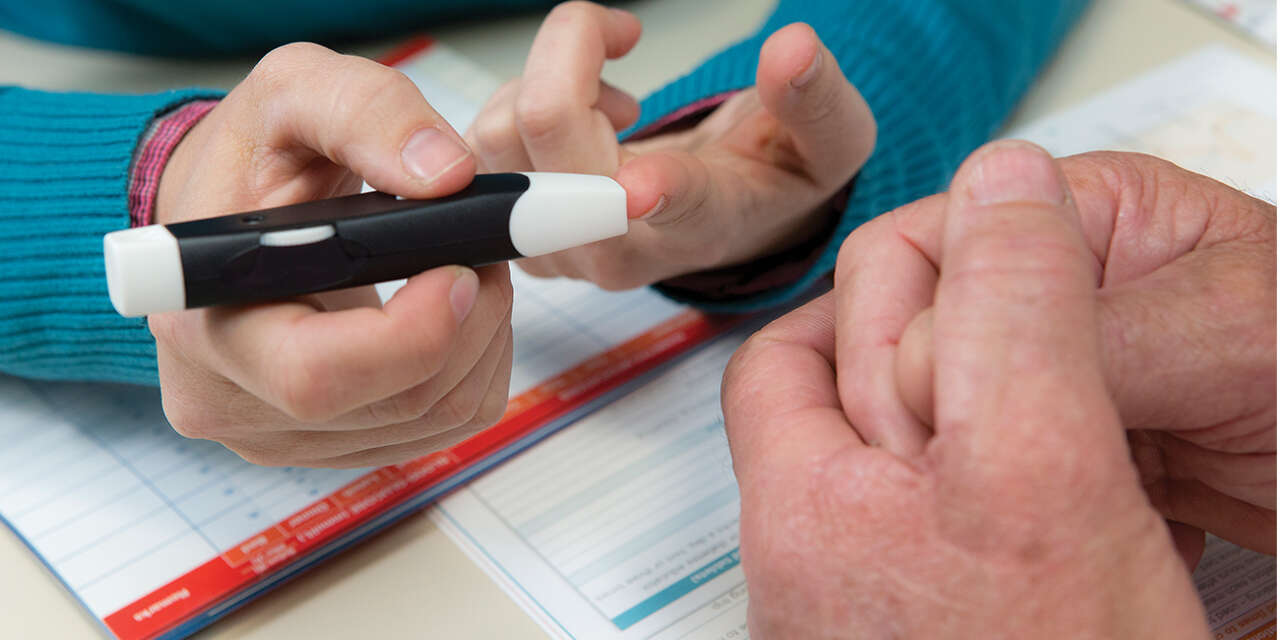Outline
Outline
In this course you will explore applied biological and behavioural sciences, principles of teaching and learning, chronic disease self-management education and best practice management of diabetes. Your studies will be complemented with a 10 day clinical practice placement which will support you to provide competent diabetes related clinical care.
Please refer to the handbook for additional course overview information.
What jobs can the Diabetes course lead to?
Graduates with a clinical-based health or allied health professional background generally gain employment in the field of diabetes education and care. Graduates eligible for ADEA credentialing may be better placed to achieve designated diabetes education positions. Graduates without a clinical background or position may gain employment in an allied field, for example: diabetes research.
What you'll learn
- demonstrate knowledge of relevant local, national and international policies and practice standards in order to synthesise knowledge of interrelationships between local, national and global issues, and apply an intersectional analysis to diabetes practice
- apply problem solving, critical thinking and decision making skills to respond to clinical and professional challenges in diabetes care
- Research, evaluate and synthesise information within and beyond the discipline, which generates sustainable solutions appropriate to diverse contexts.
- Apply appropriate communication and interpersonal skills using a variety of media relevant to the audience and guided by the ethical principles of the health professions that are underpinned by pursuing social justice and upholding human rights.
- use technologies to inform on going evidence based practice to support person and family centred care
- establish and sustain intellectual curiosity by using a range of learning strategies; including research informed practice; professional development and supervision resulting in lifelong learning skills
- recognise and respond to regional, national and global diabetes trends and innovations; incorporate strategic health care directions related to diabetes education and management
- demonstrate cultural capability in the provision of diabetes related care to multi cultural groups and the Indigenous people in both global and local settings
- engage in interdisciplinary healthcare provision demonstrating skills, behaviours and capability based on the physical, psychological, social, political, ethical, legal and cultural perspectives to optimise diabetes self-management


